Abbie Robinson: Passion for paraclimbing in competition, “freedom and independence” from OrCam MyEye in many other facets of life
2021-03-04 | By Orcam Staff
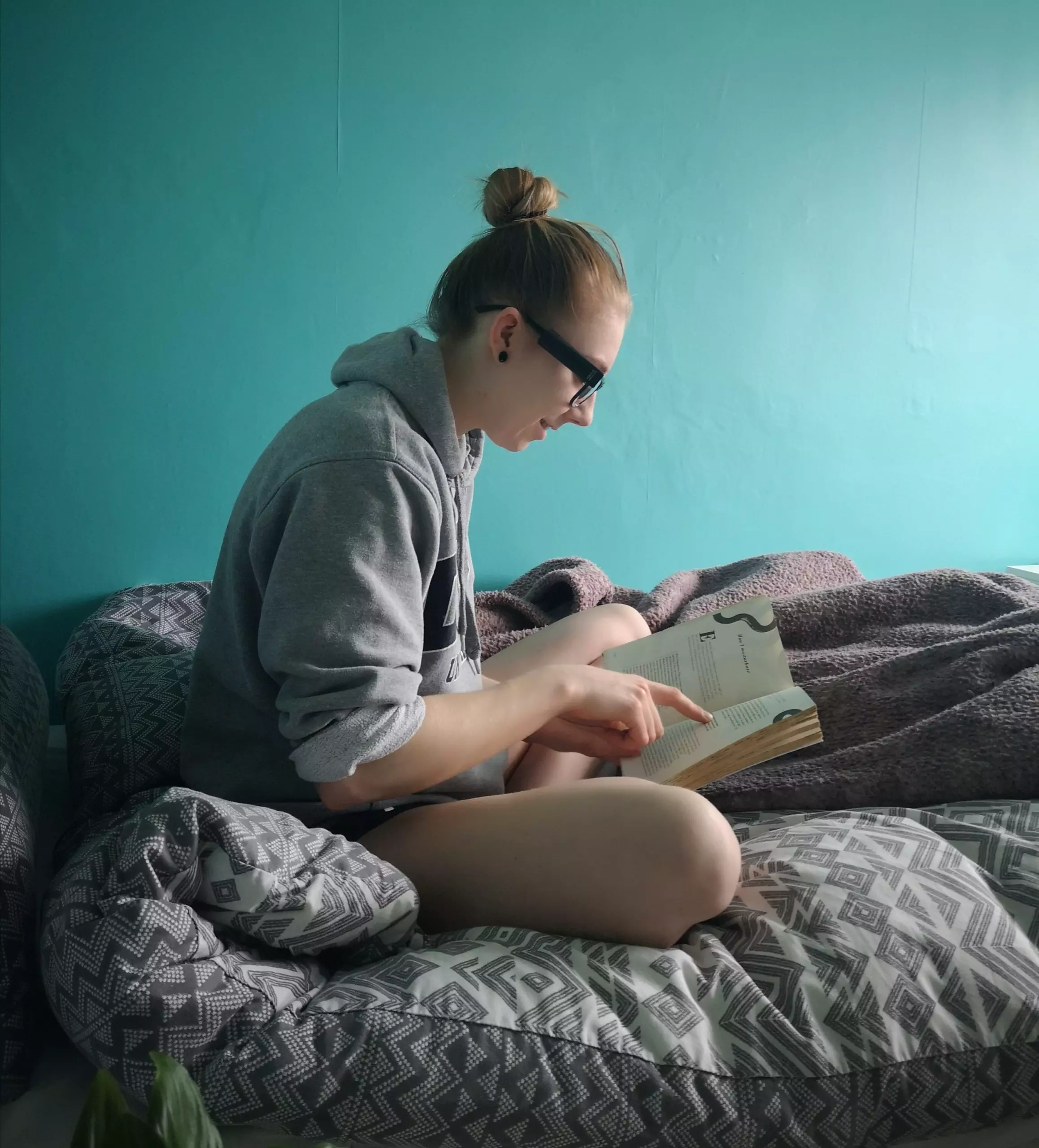
After winning four gold medals, including two world championship titles for the women’s B2 (Visual acuity of 1/60 to 2/20) category, it is clear that Abbie has not allowed her visual impairment to get in the way of her passion for climbing. As part of the GB Paraclimbing Team, she is now determined to achieve her dream of competing at the Paralympic Games. Alongside her outstanding athleticism, Abbie has attained a degree from the University of Leeds in the UK and is now the Head Climbing Coach at a new climbing center. Raising global awareness for para climbing as well as inspiring others with disabilities to break through stigmas and barriers is another part of her remarkable story.
Abbie is diagnosed with a genetic eye disorder
In 2015, at the age of seventeen, Abbie was diagnosed with Stargardt Macular Dystrophy, a juvenile form of macular degeneration that causes gradual central vision loss. With limited color and detail vision, she is now reliant on her peripheral vision to navigate the world around her.
Climbing to new heights
After joining her local climbing club at thirteen, Abbie realized her true passion as well as a skill for the sport. Entering national youth competitions and placing on the podium consecutively at the Scottish Youth Bouldering Championships was the start of an aspirational career. Yet, with her eyesight noticeably deteriorating, she knew that she’d have to adapt in order to carry on the sport she loved. It was at this point that she started going to para climbing events alongside individuals who were facing similar challenges.
Never one to give up, Abbie continued to strengthen her climbing technique and push her abilities. Her sheer dedication paid off as at the British Mountaineering Council national para climbing event in 2018, she was invited to join the GB para climbing team and has competed for them for the past three years. She plans to compete in the International Federation of Sport Climbing (IFSC) Paraclimbing World championships in September and the IFSC World Cup in October if current travel restrictions allow.
Aside from her exceptional accomplishments in climbing, she has recently graduated from the University of Leeds with a digital media degree and has secured her first job as Head Climbing Coach at Flashpoint in Swindon.
Abbie’s new life with the OrCam MyEye
Partnering with OrCam Technologies, Abbie received the wearable OrCam MyEye device to help her complete tasks more efficiently and confidently. This life-changing AI device has significantly improved her ability to overcome the everyday challenges that are faced by individuals with low vision or visual impairment.
As the most advanced AI assistive technology, the OrCam MyEye device is able to read full pages or screens of text aloud from any print or digital surface, including books, computers, and smartphones. The technology has empowered Abbie to read large amounts of text, a necessity whilst she attended university. Without the device, she previously suffered from headaches and eye strain whilst reading academic books and revision guides.
Currently, Abbie uses the OrCam MyEye as she works from home in her exciting new coaching job. The technology allows her to write training programs and read up on the latest coaching research with ease, in turn, enhancing her ability as a coach. Similarly, identifying product ingredients in supermarkets, reading menus in low-lit restaurants, as well as menu boards at the back of cafes has become substantially less time-consuming for her with the OrCam MyEye.
The OrCam MyEye will be particularly important as she travels later in 2021 to the IFSC Paraclimbing World Championships in Moscow as well as the World Cup in Salt Lake City, USA.
Abbie explains: “If I’m traveling, and especially when I am in unfamiliar places, I definitely realize my vision impairment. So the OrCam MyEye will certainly come in handy when reading signs and navigating around foreign countries. Also, the last thing you want at competition settings is to get lost or to feel like you don’t know where you are going. Knowing that I will have that extra support will definitely take some of the pressure off and allow me to focus on training.”
Abbie concludes: “Reading has been something I’ve always struggled with, so to have that feeling of freedom and independence from the OrCam MyEye is absolutely priceless.”
More Stories
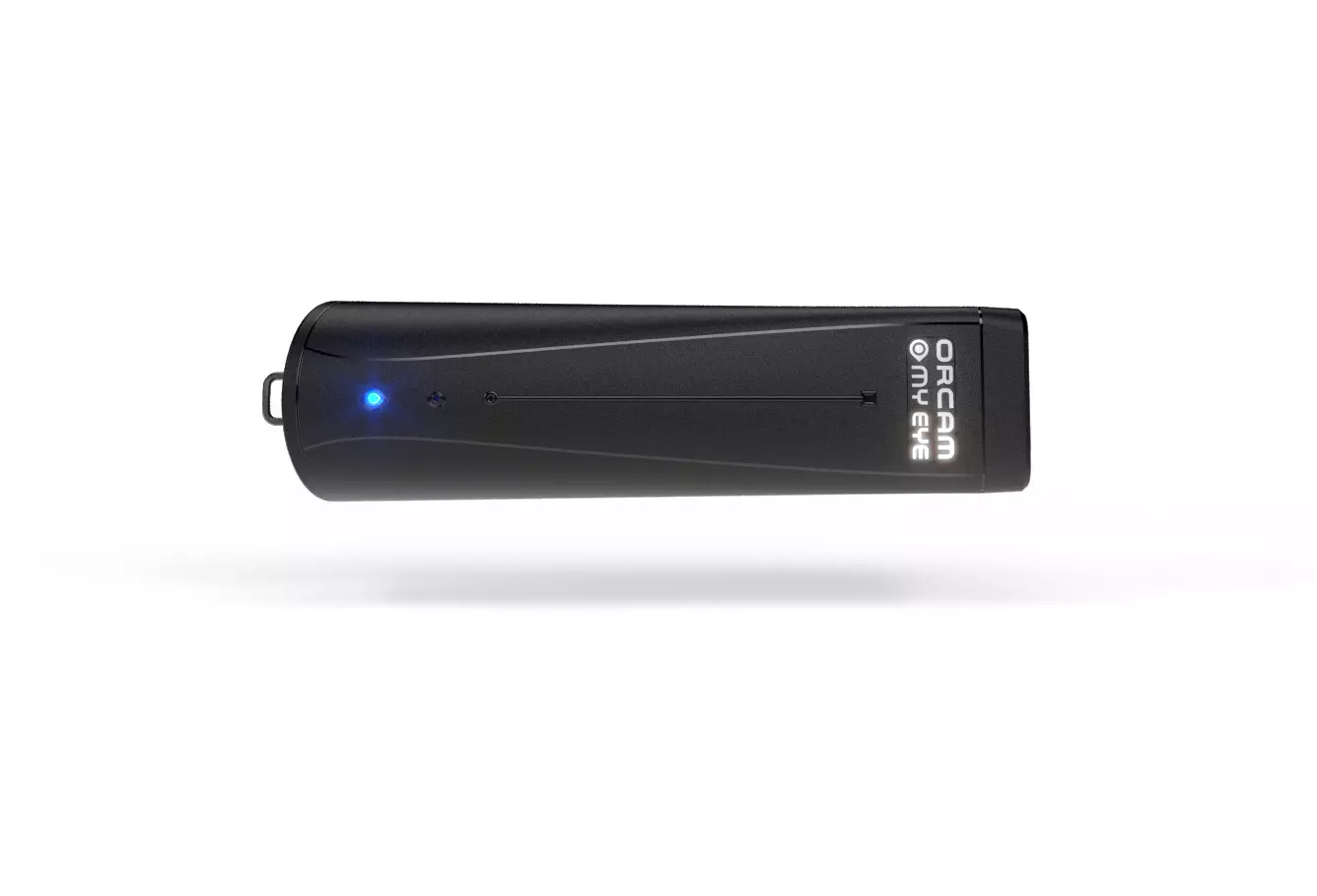
OrCam MyEye Helps Richard be More Independent - OrCam
2023-09-20 | By OrCam Staff
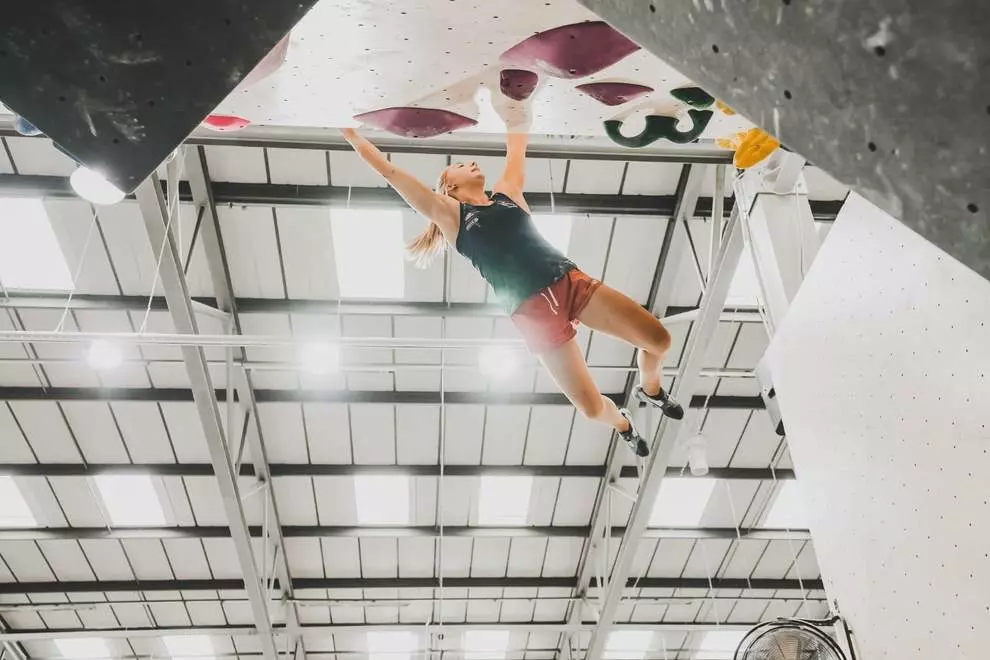
Winning With Stargardt Disease: Paraclimber Abbie Robinson Is Golden!
2023-09-20 | By OrCam Staff
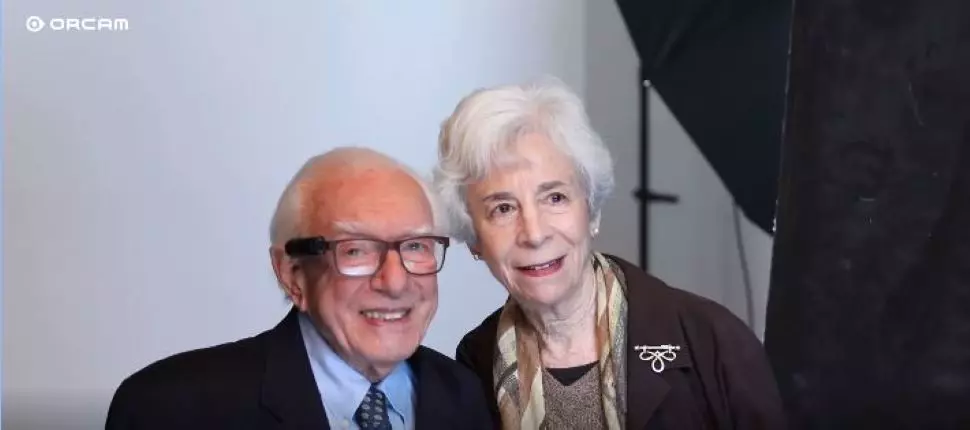
Visually Challenged Artist Feels "Liberated" With OrCam MyEye - OrCam
2023-09-14 | By OrCam Staff
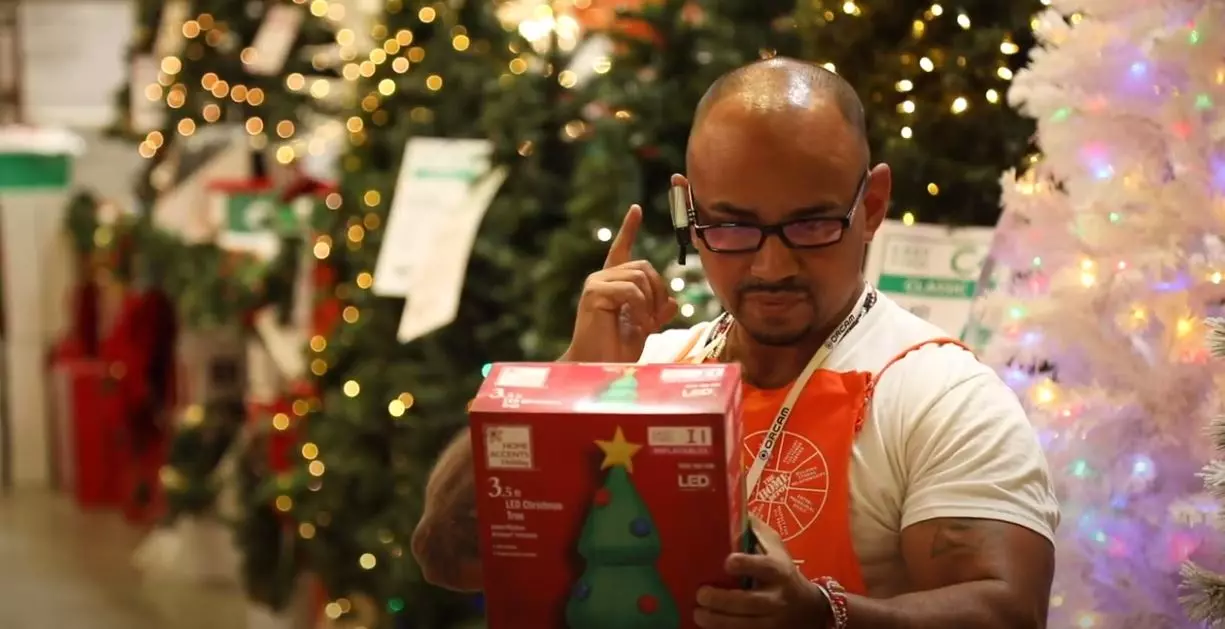
Henry Regains Independence After Losing Vision to Rare Disease - OrCam
2023-09-14 | By OrCam Staff
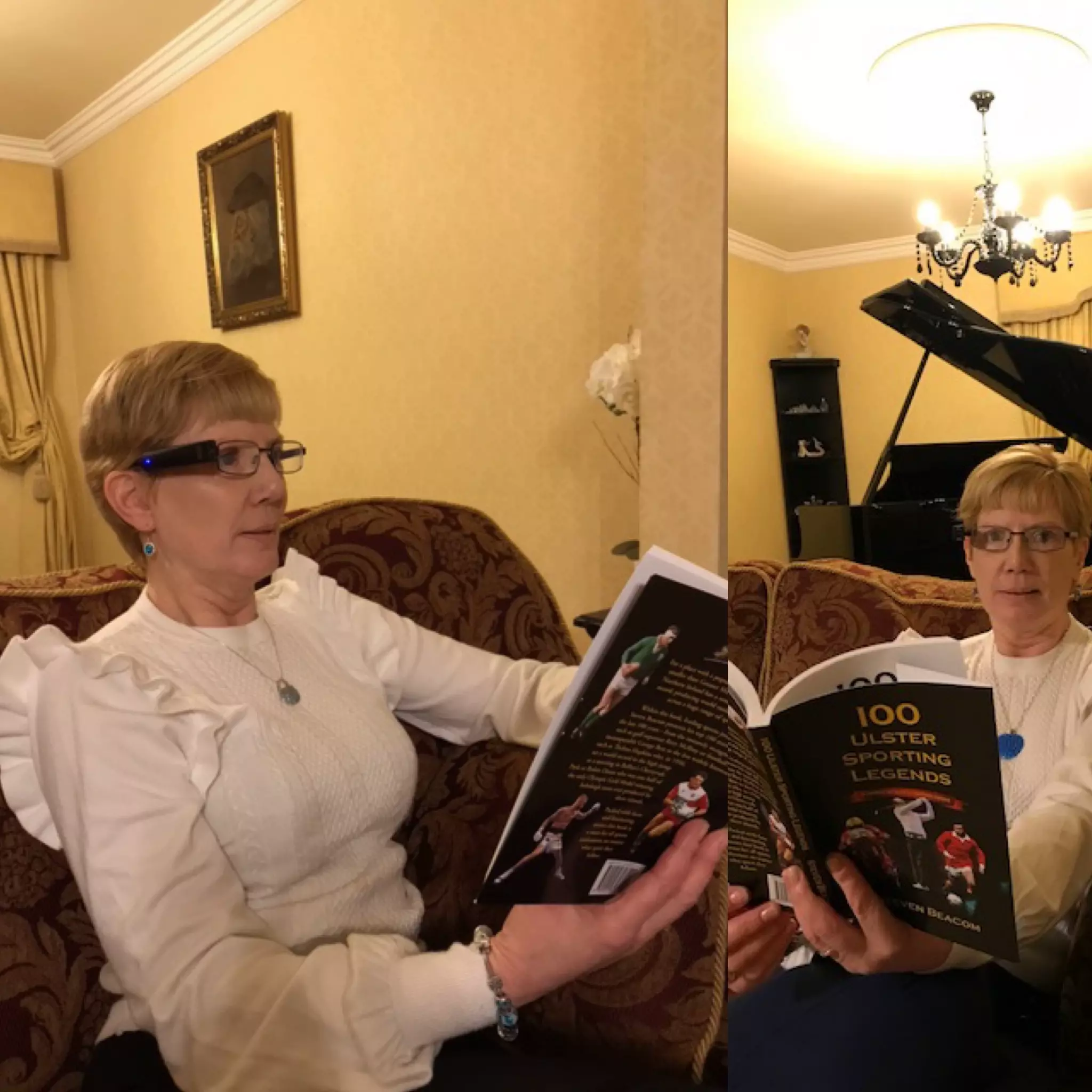
Rare form of glaucoma sufferer uses OrCam MyEye to achieve independence
2023-09-14 | By OrCam Staff
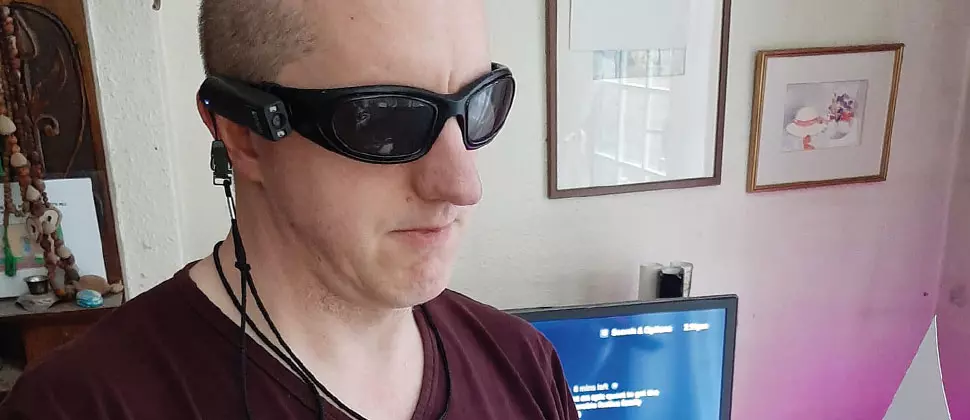
Retinopathy of Prematurity Patient, Michael Hart, Changed His Life Thanks to His Mum's Legacy - OrCam
2023-09-14 | By OrCam Staff



